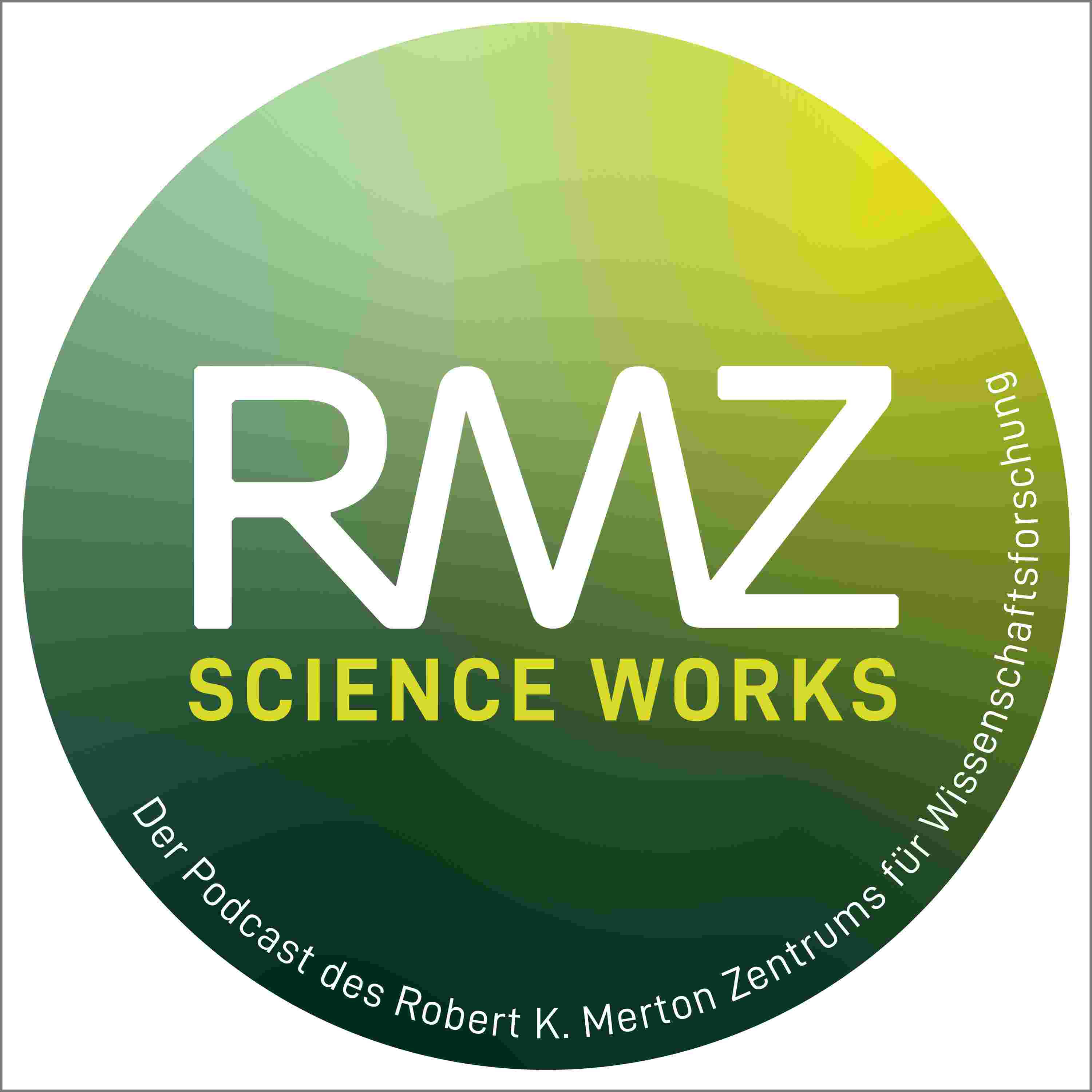

Defining Science for and in ‘Eastern Germany’ in right-wing populism “Eastern Germany”, as a socio-political and geographical region, hosts significant scientific infrastructure and innovation funding, yet it has also seen a marked rise in populist voting patterns. Parties such as the Alternative for Germany (AfD) and emerging movements like Bündnis Sarah Wagenknecht (BSW) position themselves as challengers to established societal frameworks. Within populist rhetoric, a recurring theme is the critique of scientific fields, framed within a broader opposition between “the virtuous people” and “the experts.” (u.a. Bellilo 2022, Mede et.al. 2020, Eslen-Ziya and Giorgi, Ed. 2022).
This study undertakes an explorative, science policy-oriented critical discourse analysis of AfD election programs and speeches at state parliaments, focusing on their vision for science and its role in society. By searching for recurring patterns and expressions, the study
aims to uncover how populist narratives seek to define and reshape science policy in “Eastern Germany” at the federal state level.
While this is an explorative study, it expects to identify further research questions at the intersection of Science and Technology Studies (STS) and science policy research. It aims to contribute to broader debates on how populist movements engage with science and how patterns of discrediting expertise diffuse between the globally connected right-wing movements. Recognizing the limitations of an explorative approach, this contribution provides a foundation for future, more comprehensive analyses of the science populism-dynamic.